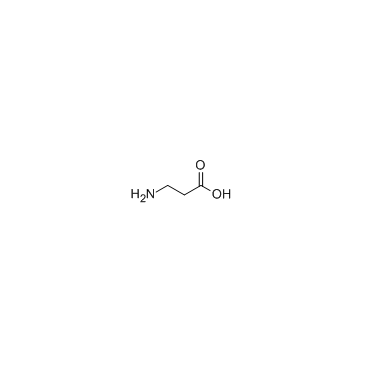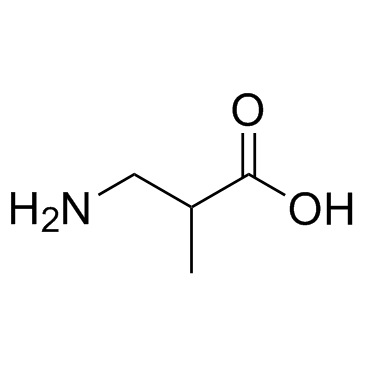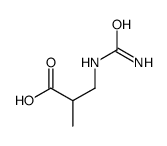| Structure | Name/CAS No. | Articles |
|---|---|---|
 |
beta-Alanine
CAS:107-95-9 |
|
 |
3-Aminoisobutanoic acid
CAS:144-90-1 |
|
 |
3-(carbamoylamino)-2-methyl-propanoic acid
CAS:2905-86-4 |
|
 |
Dihydrouracil
CAS:504-07-4 |